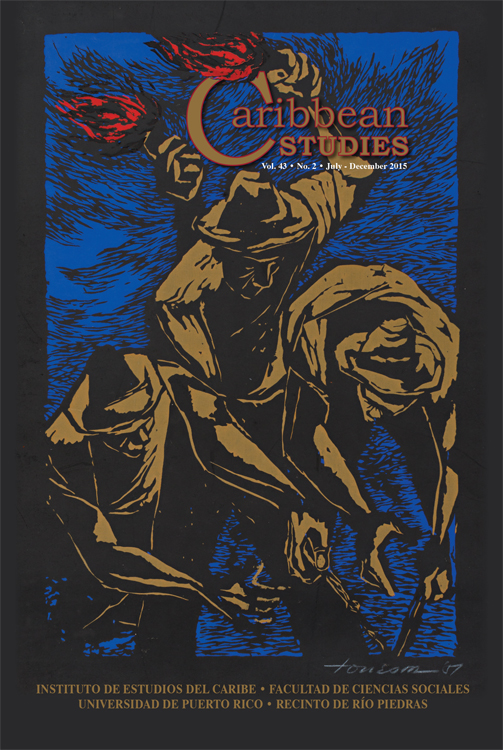Abstract
Millions of people around the planet support at least part of their subsistence from resources found in estuarine tropical coastal forests, like wetlands and mangrove forests. In this article, we present an ethnographic essay about the people who make a living by harvesting resources found in the mangroves and estuarine forests on the coast of Southeastern Puerto Rico (SE PR), a culturally significant practice known locally as "pesca de monte" (forest fisheries), which is part of the subsistence and economic resilience activities portfolio of local coastal residents. This study is based on interdicisplinary ethnographic research conducted between 2010-2013 and funded by the University of Puerto Rico Sea Grant program. We share herein some remarkable topics and findings of our work with "pesca de monte" in SE PR: 1) the variety of "pesca de monte" resources utilized in the region and the people harvesting them, 2) the "environmental multiplicity" (Stoffle and Minnis 2008) in the household economies of people engaged in "pesca de monte" activities, 3) the contribution of "pesca de monte" activities to the quality of life and well-being of coastal residents, including some public policy implications for environmental conservation and human well-being.Downloads
Download data is not yet available.

